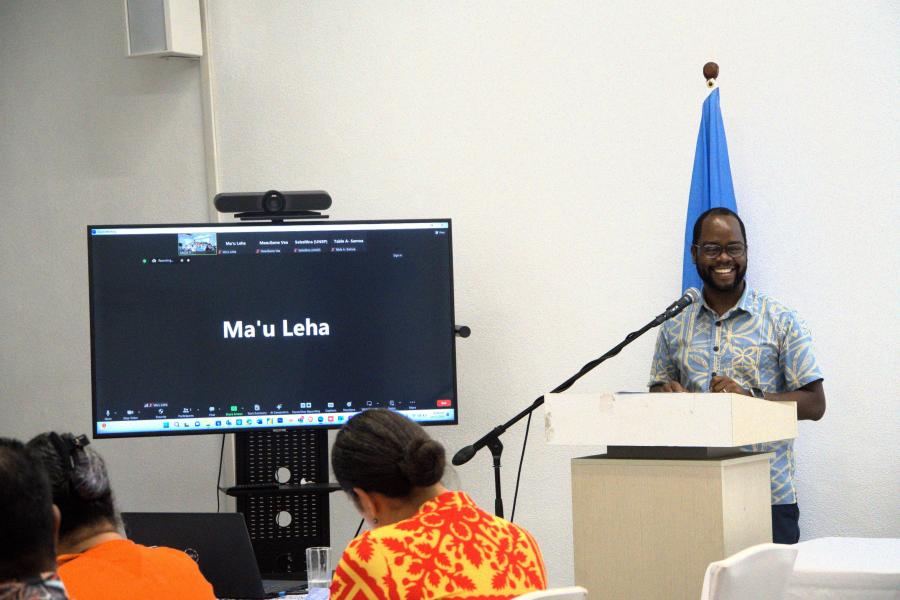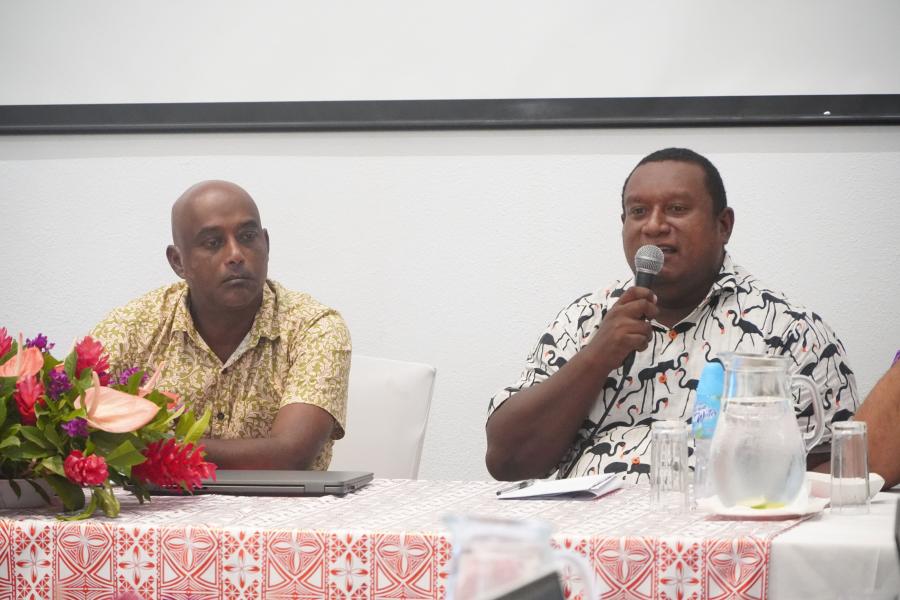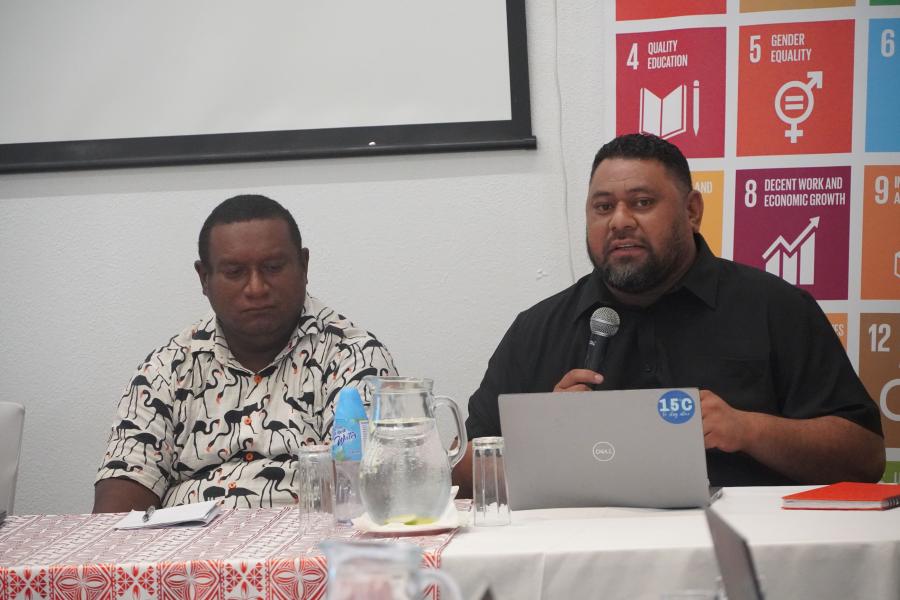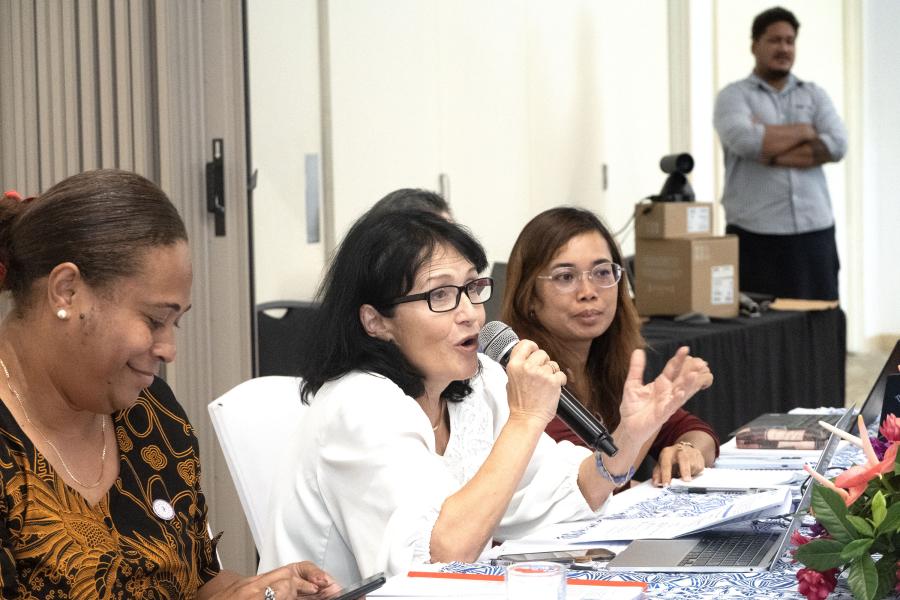Pacific Policy Coherence Dialogue: Bridging Policy and People for Sustainable Development
The Policy Coherence Dialogue is timely and significant as the world is facing a severe crisis of profound vulnerability.
The Policy Coherence Dialogue held in Samoa on the 14th of March 2024 and jointly organised by the United Nations Economic and Social Commission for the Asia Pacific (UN ESCAP) and the Government of Tonga, spotlighted the Pacific region's unwavering commitment to advancing global development strategies namely the Sustainable Development Goals (SDGs), the 2050 Strategy for the Blue Pacific Continent and the Small Island Developing States (SIDS) Global Programme of Action.
Their commitment is founded on the understanding that people are at the heart of all these development initiatives.
However, practical challenges persist, hindering effective implementation. The Pacific countries have developed various policies, frameworks, and approaches. Then, they face challenges such as limited resources and gaps in institutional systems.
Hence, the Policy Coherence Dialogue is timely and significant towards overcoming these challenges.
Themba Kalua, the United Nations Resident Coordinator, emphasised the importance of this Dialogue when the world is facing a severe crisis of profound vulnerability.
"Policy coherence is paramount in addressing the ever-growing challenges we face," he stressed, advocating for harmonised strategies to accelerate progress towards shared goals.
“By harmonising our strategies and endeavours, we stand poised to optimise the impact of our development initiatives and expedite progress towards shared aspirations,” Kalua added.

The policymakers at the Dialogue resonated with this significance and highlighted the importance of harmonising policies across the Pacific, focusing on inclusive and grassroots engagement.
Dr Neelesh Gounder, Chief Policy Advisor at the Ministry of Finance in Fiji, spoke about the necessity of inclusive consultations to ensure the voices of vulnerable populations are heard. Similarly, Mr. Michael Pasikeni, Director of the Ministry of National Planning and Development Coordination in the Solomon Islands, stressed the importance of community-led policy development.

Valerie Wichman, Director of Central Policy and Planning at the Office of the Prime Minister in the Cook Islands, emphasised the importance of people-centred and culturally grounded policymaking.
These sentiments align with Dr George Carter's, - Co-Director of RESI and Deputy Head of Department/Senior Fellow at the Department of Pacific Affairs, Australian National University, perspective based on policy research, who highlighted the need to prioritise the human impact in policy formulation.

The commitment of the Pacific policymakers to harmonise policies and ensure effective implementation is also enhanced by providing adequate resources, according to Ms Simona Marinescu, UN Office for Project Services (UNOPS) Advisor to Small Islands Development States.


















